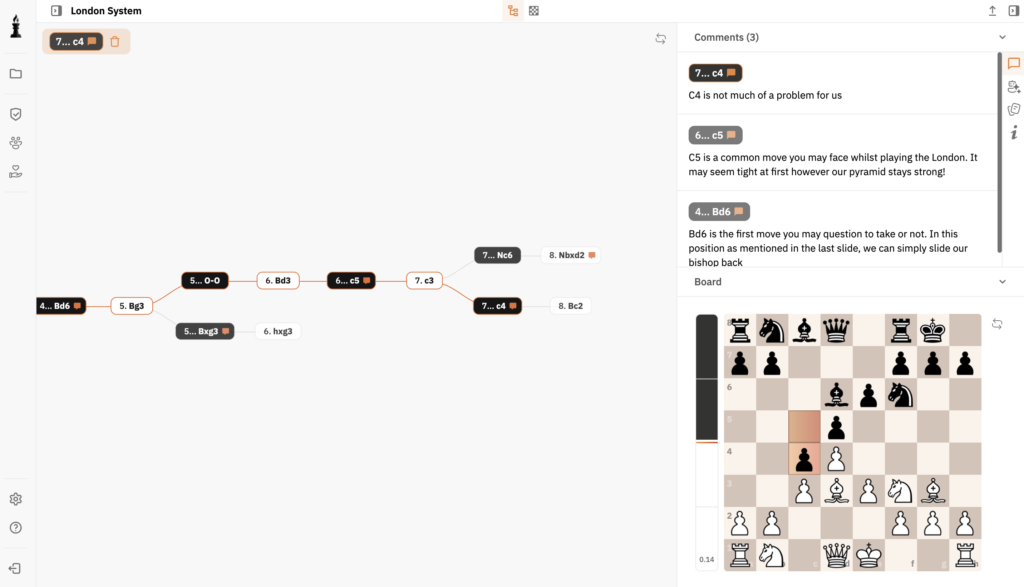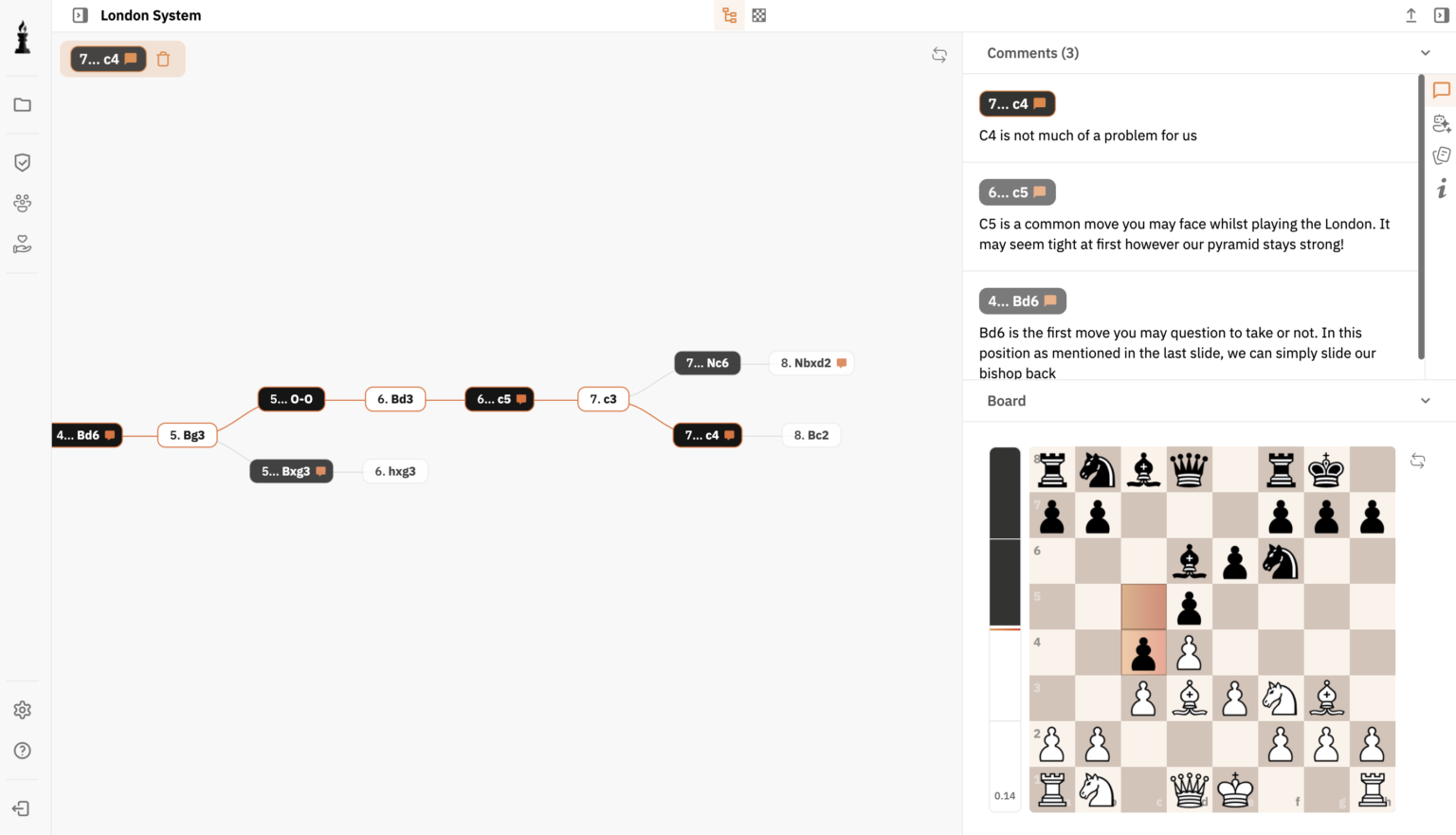Introduction
In the realm of competitive chess, women have consistently been pivotal in shaping and challenging perceptions of the game. The role of gender in chess isn’t just about the players; it’s also about acknowledging the systemic biases and paving a path for future generations without hindrance.
Gender Dynamics in Chess
Historically, the chess board has been dominated by male players. However, the tides are changing with the emergence of influential female players making remarkable strides. Titles such as Woman Grandmaster (WGM) have recognized the achievements of women in the arena of chess.
Female Chess Pioneers
Pioneers like Vera Menchik, the first Women’s World Chess Champion, paved the way for players who came after her. Today, players such as Judith Polgar have shown that gender boundaries in chess are surmountable. The Polgar sisters’ rise in chess highlighted that talent, not gender, defines a player’s worth.
Women’s Titles and Championships
In recognition of women’s accomplishments, chess authorities such as FIDE established titles like Woman FIDE Master (WFM) and Woman International Master (WIM). These titles not only celebrate female players but also acknowledge the unique challenges they face in a traditionally male-focused environment.
Overcoming Gender Barriers
Breaking Stereotypes
The chess community has often grappled with stereotypes about gender and skill. Many women have had to overcome these biases, advocating for a view of chess that does not limit potential based on gender. Initiatives to increase female participation in tournaments are gaining traction worldwide.
Systemic Challenges and Opportunities
Changes at the institutional level are crucial. Many top-level tournaments have introduced mixed-gender categories, leveling the playing field and allowing women to compete alongside male grandmasters without biased perceptions. Efforts including scholarships and mentorship programs are in place to encourage young women to pursue chess professionally. The Elo Rating System serves as an unbiased tool in evaluating players’ skills, further promoting equality.
Tools for Progress
To support learning and improvement, resources such as ChessFlare’s Online Chess Database and Chess Games Analysis enable players of all genders to develop strategies using historical games and modern tactics. Players can Import/Export .Pgn Files to analyze key games further and evolve their playstyle.
Future of Chess and Gender Equality
The future of chess is bright with an increasing number of female players entering the arena and reshaping it fundamentally. With role models in the community, strategic efforts at inclusivity, and innovative tools at hand, chess is moving toward more equitable representation. The chessboard is no longer a male bastion, but a universal arena of intellect and strategy.
The chess community’s ongoing commitment to gender equality promises not only to elevate the game of chess but also to inspire generations to come. In a world where gender boundaries increasingly blur, the question remains: Will future champions care more about the gender of a player or their undeniable skill and strategic acumen?
As this balance continues to shift, the chess world must continue fostering an inclusive environment, one capable of allowing all players to show their prowess unencumbered by antiquated stereotypes.
These titles recognize and honor the achievements of women in chess, promoting gender diversity and encouraging more women to excel in the game.
Women can overcome challenges by participating in mentorship programs, leveraging tools like the Elo Rating System, and gaining exposure through mixed-gender tournaments.
Judith Polgar’s accomplishments have demonstrated that gender does not define ability in chess, inspiring countless women to pursue chess at competitive levels.
Technology, through tools like online databases and game analysis platforms, helps bridge skill gaps by providing equal training opportunities to all players.





